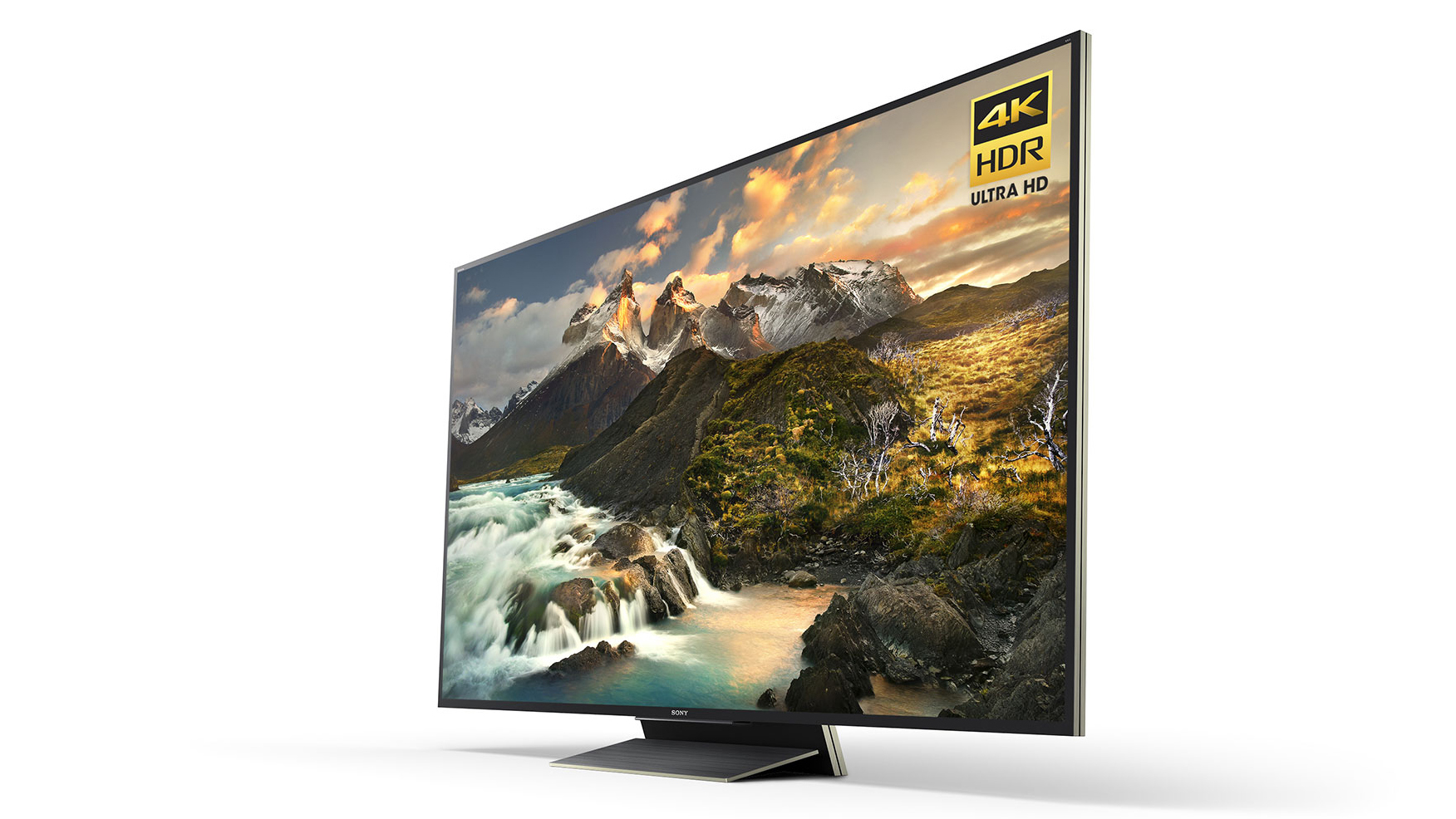Sony's Z Series 4K HDR TVs take a swing at LG's high-end OLEDs

Sony didn't have its best CES this year. It chose to use the first week in January to talk shop about its new headphones, the Sony H.ear series, and show off some Bluetooth speakers. There were a few new TV sets on the showfloor, but it wasn't anything to write home about.
It turns out that was intentional. Sony was saving its major home entertainment announcement, the Z Series, for the middle of the year.
Announced to the world this afternoon, the Z Series – we've transcended the X series, finally – sports a new X1TM Extreme processor and Backlight Master Drive tech to give the series a shimmering 4K UHD gleam with a touch of High Dynamic Range (HDR).
Unlike other LCD panels, however, Sony's series will have a new backlight algorithm that will allow it to turn on and off specific pixel clusters, similar to OLED but without the expensive manufacturing process. This, in theory, should give the 2016 models a richer black and better contrast than any LCD sets we've seen previously.
Similar to the X Series, Sony's Z Series will run Android TV and, because Sony appears to hate outside validation, once again forgo labeling its set with the UHD Premium certificate.
It will come in three flavors, the 65-inch XBR65Z9D which goes for $6,999; the 75-inch XBR75Z9D for $9,999; and the 100-inch XBR100Z9D with a still undisclosed sticker price.
In the UK, the 65-incher goes by a different monicker, the Sony Bravia ZD9, and costs €5,000 (about £4177 or AU$6659).
Sign up for breaking news, reviews, opinion, top tech deals, and more.
The 65- and 75-inch models go on pre-sale today with a late-summer launch date, but no word yet on the 100-inch, XBR100Z9D's shipping date or details.
- These are the current best 4K TVs in the world

Nick Pino is Managing Editor, TV and AV for TechRadar's sister site, Tom's Guide. Previously, he was the Senior Editor of Home Entertainment at TechRadar, covering TVs, headphones, speakers, video games, VR and streaming devices. He's also written for GamesRadar+, Official Xbox Magazine, PC Gamer and other outlets over the last decade, and he has a degree in computer science he's not using if anyone wants it.